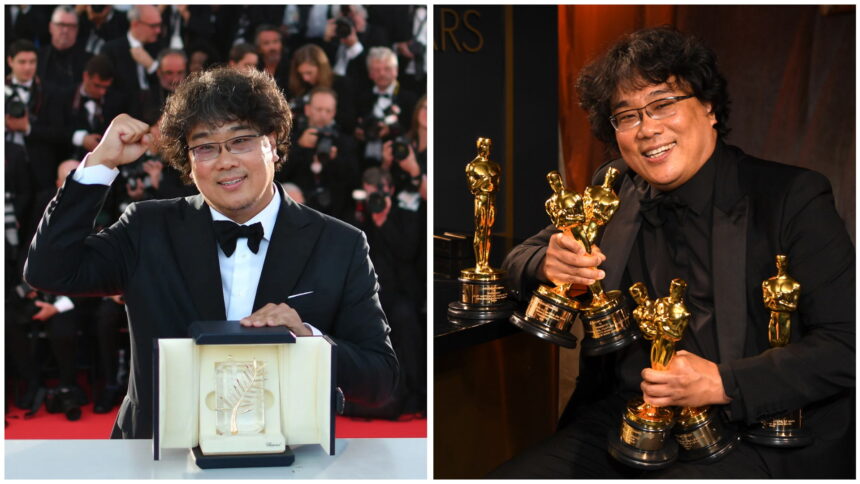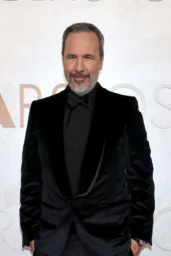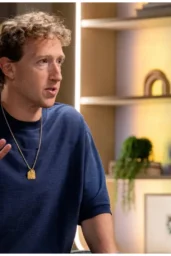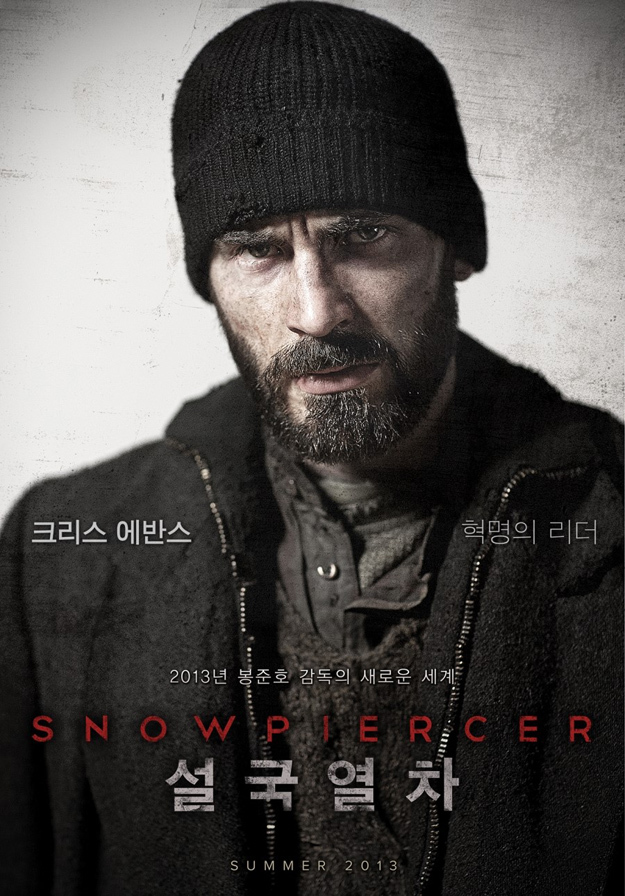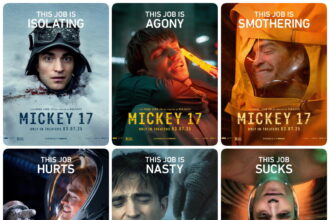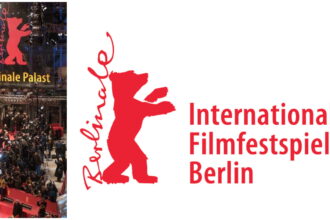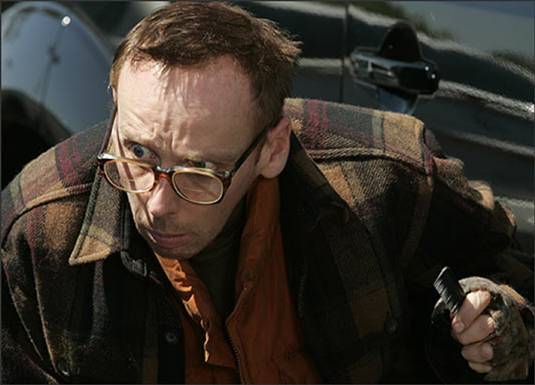What if the “Cannes Curse” was never real—just bad marketing?
Tom Quinn, founder and CEO of indie disruptor Neon, isn’t just collecting Palme d’Ors like Pokémon. He’s quietly staging one of the most audacious long games in awards-season history. Cannes, once whispered about in Oscar campaign rooms as too early, too foreign, too French, is now the proving ground for Academy gold—and Quinn’s the architect.
This isn’t theory. It’s five Palme winners. Two Best Picture Oscars. Four back-to-back years. Boom.
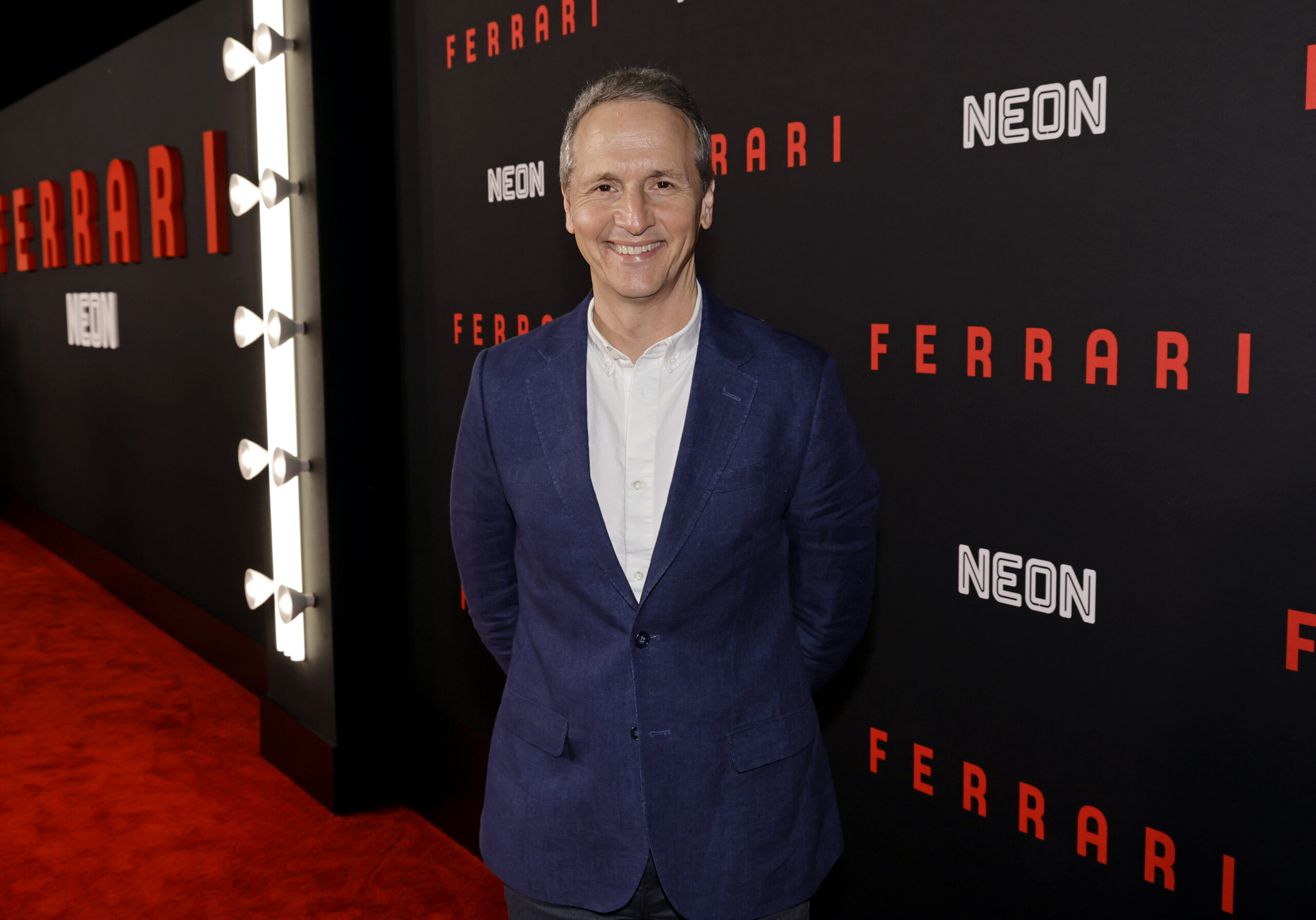
Forget Parasite. Look at the pattern.
When Bong Joon-ho’s Parasite won both Cannes and the Best Picture Oscar in 2019, most chalked it up to anomaly—a perfect storm of class satire, critical mass, and a viral acceptance speech. But Quinn saw something else: a blueprint. Since then, Neon has distributed every Palme winner: Titane, Triangle of Sadness, Anatomy of a Fall, and Anora. And these weren’t just critical darlings. They landed major Oscar nods, two of them for Best Picture.
As Quinn put it: “I’m happy to share our playbook because it’s so obvious.” Obvious to him maybe. The rest of Hollywood? Still playing checkers while Quinn’s making Cannes his personal chessboard.
The real Cannes advantage? Time. And taste.
For years, fall festivals—Venice, Telluride, Toronto—were considered Oscar’s unofficial kickoff. Easier press cycles. Shorter memory gaps. Cannes, by contrast, was risky: May premieres needed to stay relevant through nine long months. But Quinn flipped that thinking on its head. As he told Deadline, the long runway between May and March is now an asset, not a liability. “You can arrive in Cannes in May and be still alive in March,” as festival head Thierry Frémaux put it.
Neon uses that time wisely: test screenings in the San Fernando Valley, critical barometer readings, and data from 80+ awards prognosticators. Not rocket science. Just rigor.
Palme ≠ Niche. Palme = Buzz.
The real kicker? According to Quinn, Palme wins are now the top driver of preview attendance. Not A-lister leads. Not trailers. Not even festival hype. “A lot of voters… they’re all, if not the vast majority, also Academy voters,” Quinn notes. Which makes Cannes not just a European prestige fest—but an early audition for Oscar’s biggest influencers.
And Neon’s October release pattern? No accident. It’s timed perfectly to ride the high from Cannes buzz straight into awards season sweet spot.
And now? Neon’s going four-deep at Cannes 2025.
With Orwell, Splitsville, Sentimental Value, and Alpha all hitting the Croisette this year, Quinn isn’t playing coy. He’s doubling down. Betting the house. And why not? His playbook works. Even Anora, which hadn’t even been test-screened before Cannes, emerged as a Best Picture winner.
Compare that to legacy studios, still clinging to outdated Oscar models and safe-bet prestige dramas. They’re stuck in 2015. Quinn? He’s already in 2030.
Historical Echoes: The Sundance-to-Oscar Pipe Dream
In the 2000s, Sundance was the launchpad: Little Miss Sunshine, Whiplash, Precious. But the market got saturated. Predictable. Now, Cannes is offering what Sundance once did: discovery, unpredictability, validation. And Neon is doing what Miramax once pulled off—minus the lawsuits and lawsuits and more lawsuits.
Here’s the uncomfortable truth:
Tom Quinn didn’t just crack the Cannes-to-Oscar code. He bulldozed the myth that international cinema has to wait its turn. Now the industry’s left catching up.
Would you risk your Oscar campaign on a May premiere?
Quinn would. And five Palme d’Ors later, who’s laughing?

